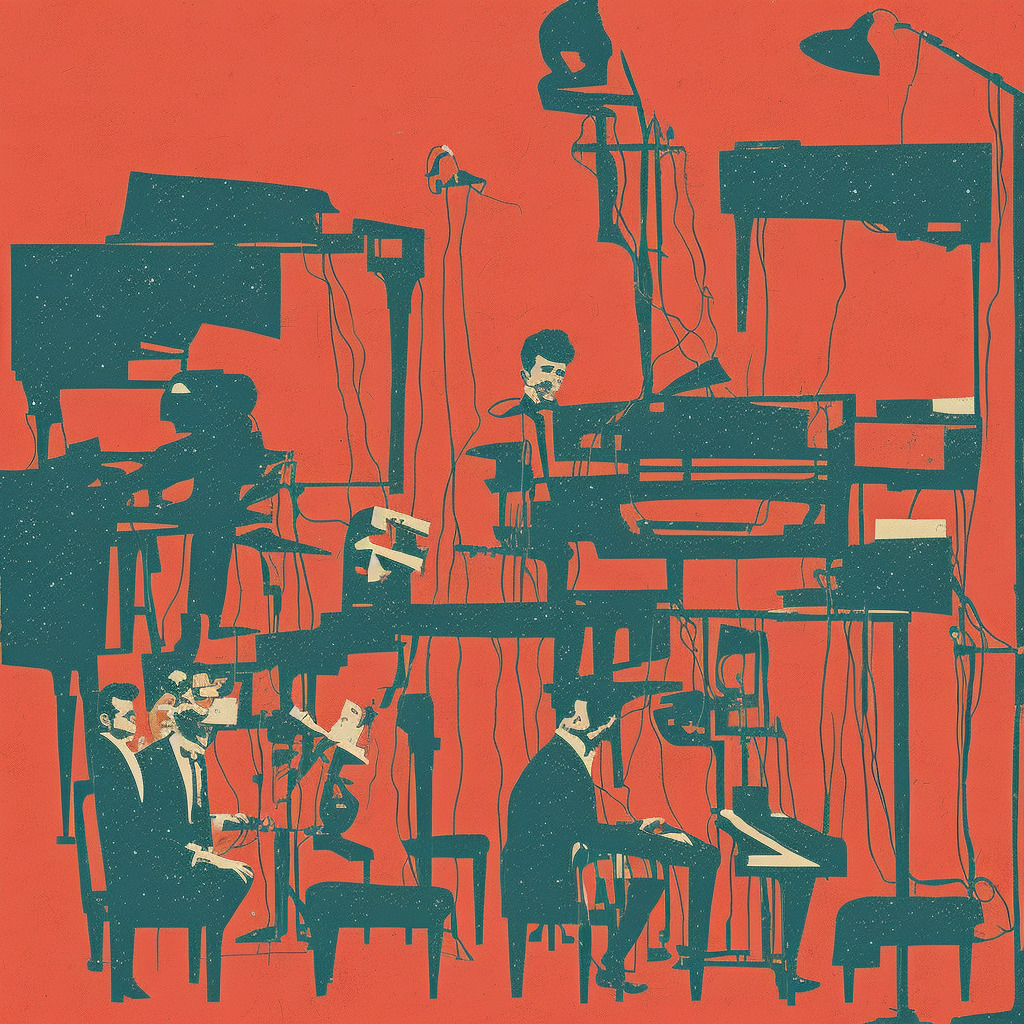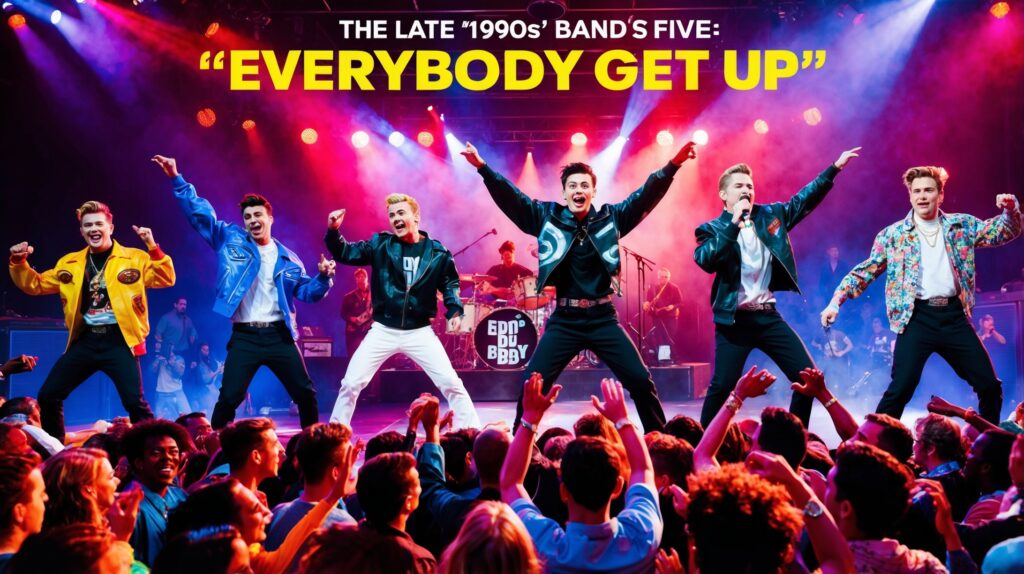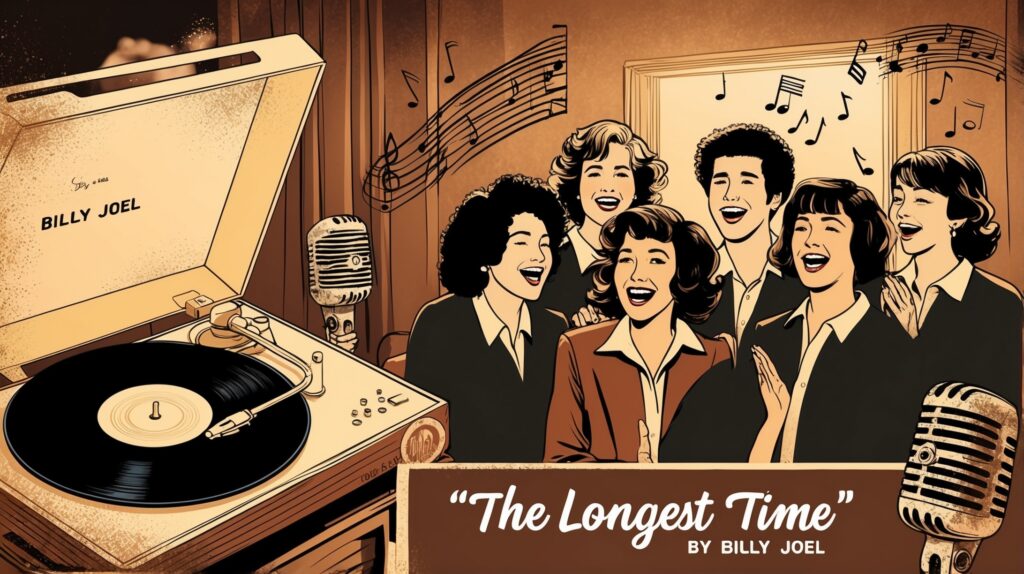🥧🎶 Did you know Don McLean’s iconic “American Pie” was inspired by the tragic 1959 plane crash, immortalizing Buddy Holly, Ritchie Valens, and The Big Bopper? A musical tribute for the ages! 🎸🌟 #AmericanPie #DonMcLean #MusicTrivia #TimelessTunes Read about it: tinyurl.com/4f54d8zp
A Slice of Musical History: Diving into Don McLean’s Impact
“Decoding Don McLean’s legacy: Beyond the enigmatic ‘American Pie,’ a prolific singer-songwriter’s profound impact on American music endures.”
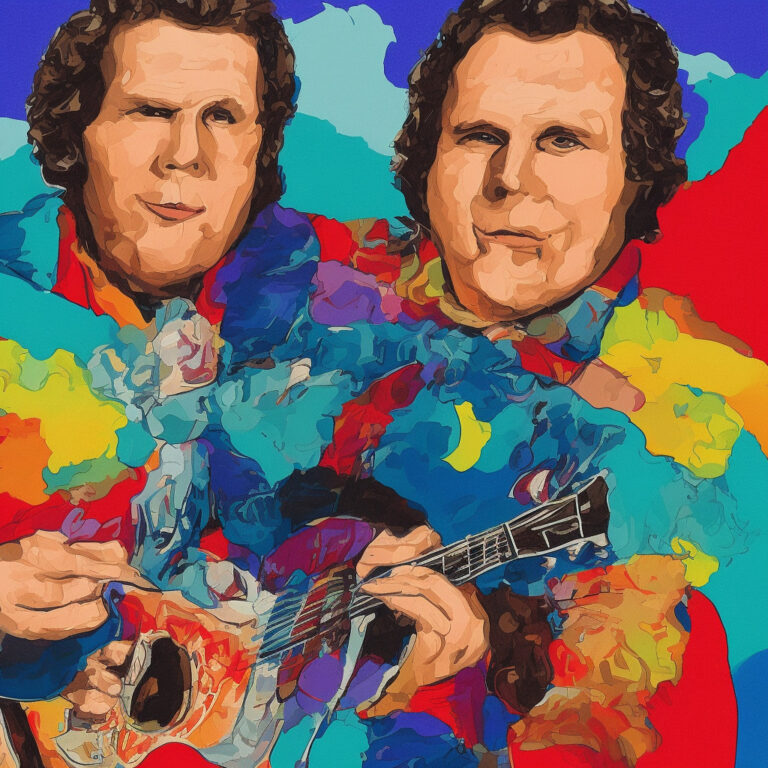
Don McLean, a name that will forever be etched in the annals of American music history, is best known for his timeless classic “American Pie.” Born in 1945 in New Rochelle, New York, McLean grew up with a passion for music, eventually leading him to pursue a career in the industry. With a career spanning over five decades, McLean has gifted the world with his soulful voice and profound songwriting skills, leaving behind an indelible mark on the music landscape.
“American Pie,” released in 1971, is widely considered McLean’s magnum opus. The song is an epic tribute to the history of American rock and roll, as well as a lament for its perceived decline. Known for its cryptic lyrics, “American Pie” has been the subject of countless interpretations and analyses, with McLean himself remaining famously tight-lipped about the true meaning behind the words. Nonetheless, the song’s impact is undeniable, and it continues to captivate listeners even today.
While McLean has enjoyed a long and successful career extending beyond “American Pie,” it is undeniable that this particular track has garnered the most attention and praise. To this end, the song has earned numerous accolades and recognitions. In 2001, “American Pie” was inducted into the Grammy Hall of Fame, acknowledging it as a recording of “qualitative or historical significance.” Additionally, the song holds a spot on the Recording Industry Association of America’s list of Songs of the Century and has been preserved in the National Recording Registry by the Library of Congress.
Despite the mass appeal and acclaim of “American Pie,” some critics argue that the song’s overwhelming success has overshadowed McLean’s other work, reducing him to a “one-hit wonder” status in the eyes of many. However, it is crucial to remember that McLean’s career is much richer than one iconic song. With 21 albums under his belt, McLean has penned numerous hits including “Vincent (Starry Starry Night)” and “And I Love You So,” each showcasing his prowess as a masterful songwriter and storyteller.
In summary, Don McLean’s contribution to the American music scene cannot be understated. While “American Pie” remains his most enduring and emblematic song, it is essential to take a step back and appreciate the breadth of his musical output. McLean’s work has been marked by both critical and commercial success, and his legacy as a singer-songwriter remains a testament to the power of music to capture the zeitgeist and leave a lasting impact.
Charting the Journey of a Timeless Classic
“American Pie”: The Timeless Classic’s Unwavering Chart Dominance and Global Impact Since 1971.

Upon its release on October 24, 1971, “American Pie” began its ascent towards the pinnacle of the music charts. The song, written and performed by Don McLean, found instant success, quickly earning a spot on the Billboard Hot 100 chart. In fact, it debuted at a respectable position of #69, showcasing the immediate impact it had on listeners.
As the weeks progressed, “American Pie” continued to climb the charts at a rapid pace, eventually reaching its peak position of #1 on January 15, 1972. The song managed to hold that coveted spot for a total of four consecutive weeks, cementing its status among the greatest hits of the era.
It’s not just the US charts where “American Pie” made a significant impact. The song also found success across the pond in the United Kingdom, where it climbed to the #2 position on the UK Singles Chart. Furthermore, it achieved chart success in various other countries such as Canada, Australia, and New Zealand, demonstrating the widespread appeal of this iconic track.
One noteworthy piece of chart trivia surrounding “American Pie” is that it became the longest song to ever reach the #1 spot on the Billboard Hot 100 at that time, with its original runtime clocking in at approximately 8 minutes and 36 seconds. This record has since been broken, but it remains an impressive feat nonetheless.
In the years since its initial release, “American Pie” has re-entered the charts on several occasions. Most notably, following the tragic events of September 11, 2001, the song found renewed popularity and made a return to the Billboard Hot 100, where it peaked at #45.
All in all, the chart success of “American Pie” serves as a testament to the enduring appeal of the song and its timeless relevance. As new generations continue to discover and enjoy this classic, one can only imagine where it might land on the charts in the years to come.
Dissecting the Iconic Lyrics of “American Pie”
A long, long time ago
I can still remember how that music used to make me smile
And I knew if I had my chance
That I could make those people dance
And maybe they’d be happy for a while
But February made me shiver
With every paper I’d deliver
Bad news on the doorstep
I couldn’t take one more step
I can’t remember if I cried
When I read about his widowed bride
But something touched me deep inside
The day the music died
“American Pie” by Don McLean is a song that captured the essence of its time and made its mark on the hearts and minds of those who lived through the era. The lyrics of the song paint a vivid picture of the late 1960s and early 1970s, encompassing the events and emotions that defined the period.
The meaning of the lyrics can be traced back to the tragic event that took place on February 3, 1959, when a plane crash claimed the lives of musicians Buddy Holly, Ritchie Valens, and J.P. “The Big Bopper” Richardson. This event, which was later referred to as “The Day the Music Died,” had a profound impact on Don McLean, who was only 13 years old at the time. The opening verse of the song encapsulates the nostalgic feeling of remembering the music of that time and how it made people feel, as well as the sense of loss that came with the tragic event.
The lyrics of “American Pie” are an ode to the spirit of the time, as they detail the cultural and political upheavals that characterized the 1960s and 1970s. The song touches on topics such as the Vietnam War, the civil rights movement, and the counterculture that emerged during that period.
In a broader context, “American Pie” can be seen as a reflection on the passing of time and the inevitability of change. The lyrics serve as a powerful reminder of the transformative power of music and its ability to connect people across generations, despite the ever-changing landscape of society.
As with any great work of art, “American Pie” continues to resonate with listeners today, not just for its catchy melody and memorable lyrics, but for the timeless message it conveys about the human experience.
The Legacy of “American Pie” in the Visual Realm
“American Pie”: Unofficially Visualized Through Generations, Celebrating Music History and Cultural Evolution.
While there isn’t an official music video for Don McLean’s iconic song “American Pie,” the song’s impact on pop culture has led to various visual interpretations and tributes over the years. Since its release in 1971, “American Pie” has amassed a large following, and fans have taken it upon themselves to create videos that pay homage to the song’s lyrical content and the artist behind it.
Fan-made videos for “American Pie” have become widely popular on platforms like YouTube, some even garnering millions of views. They often include montages of historical events and cultural moments that took place during the song’s era, depicting the shifting landscapes of American society and music. From political upheavals to the evolution of rock’n’roll, these videos allow viewers to connect with the song on a visual level and provide a glimpse into the world that inspired McLean’s masterpiece.
Another popular approach to visualizing “American Pie” is through lyric videos. These videos showcase the song’s intricate storytelling by displaying its lyrics on screen, often accompanied by thematic imagery and graphics that help to convey the song’s narrative. Given the song’s enigmatic nature and the many interpretations of its lyrics, these videos provide a platform for listeners to decipher its deeper meaning and appreciate the poetic quality of McLean’s songwriting.
Apart from fan-made videos, “American Pie” has been featured in various films and television series, further solidifying its status as a cultural touchstone. One of the most notable instances is its inclusion in the 1999 coming-of-age comedy film “American Pie” – the film’s title itself being a nod to the song. While the song isn’t directly tied to the film’s plot, its presence in the soundtrack helped introduce the classic tune to a new generation of listeners.
In conclusion, although there is no official music video for Don McLean’s “American Pie,” the song’s impact on popular culture is undeniable. Through fan-made videos, lyric interpretations, and inclusion in film and television, the visual legacy of “American Pie” continues to thrive, ensuring that the song remains a celebrated piece of American music history.
The Composer Behind the Classic: Don McLean
Don McLean, the brilliant composer and singer-songwriter behind the iconic song “American Pie,” boasts a career spanning over five decades, with his unique storytelling ability and soulful voice leaving an indelible mark on the music industry. Born in 1945, McLean grew up in New Rochelle, New York, and discovered his passion for music at an early age. In 1971, he released his magnum opus, “American Pie,” which continues to captivate audiences to this day with its enigmatic lyrics and catchy melody.
Though “American Pie” is undeniably McLean’s most celebrated composition, he has written numerous other notable songs that have earned him a place in the Songwriters Hall of Fame. One such song, “Vincent,” pays tribute to the life and work of the late artist Vincent van Gogh. It beautifully captures the essence of van Gogh’s struggles and triumphs and stands as a testament to McLean’s ability to convey complex emotions through his music. Additionally, Don McLean’s rendition of the Roy Orbison classic, “Crying,” showcases his versatility as a composer and performer, breathing new life into an already beloved song.
A Slice of Musical History
“American Pie” stands the test of time as an iconic classic, captivating generations with its powerful storytelling, melodic charm, and timeless presence in popular culture.
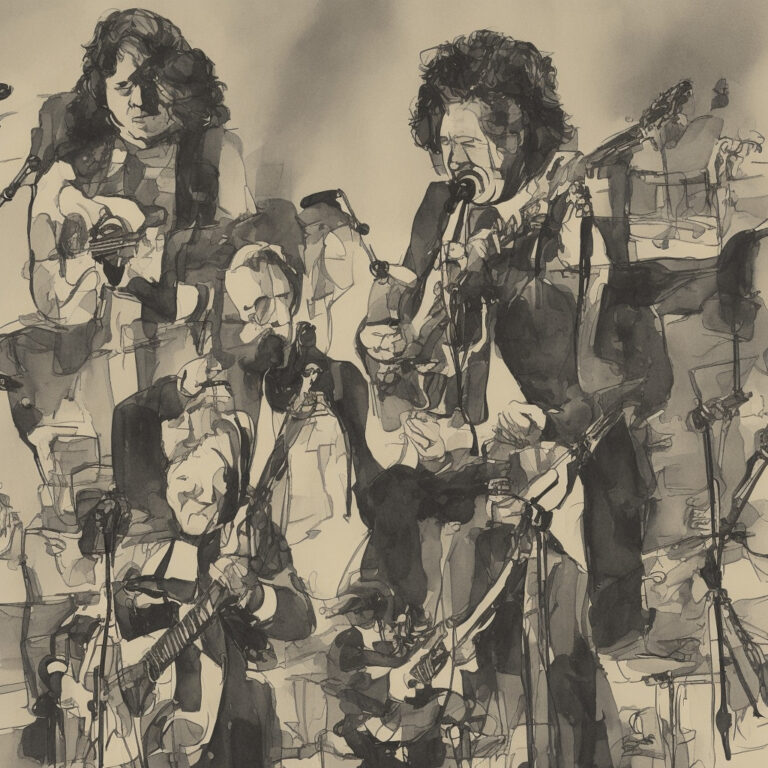
Over the years, “American Pie” has garnered numerous accolades and earned its place in the pantheon of iconic American songs. The Recording Industry Association of America (RIAA) and the National Endowment for the Arts (NEA) listed the song as one of the “Top 365 Songs of the 20th Century” in 2001. The following year, it was inducted into the Grammy Hall of Fame, further cementing its status as a classic piece of American music history.
The song’s popularity hasn’t waned since its release, with numerous appearances in various forms of media. “American Pie” has been featured in an array of movies, television shows, and even video games. It was memorably included in the 1999 film, “The Next Best Thing,” starring Madonna and Rupert Everett, as well as being used in several episodes of popular TV shows like “The Simpsons” and “The West Wing.” The song has even made its way into the gaming world, being featured in the popular video game “Rock Band.”
Throughout the decades, “American Pie” has been covered by various artists who’ve been inspired by its powerful storytelling and beautiful melody. One of the most notable cover versions is the rendition by Madonna, released in 2000 as part of the soundtrack for “The Next Best Thing.” Her version hit the top 40 in multiple countries, including the United States, the United Kingdom, and Australia. Other artists who have covered the song include Garth Brooks, Weird Al Yankovic, and The Brady Bunch’s Christopher Knight.
As a testament to the song’s enduring appeal, “American Pie” continues to be a favorite amongst musicians and fans alike. Whether it’s due to the song’s captivating narrative, its catchy melody, or simply the fond memories associated with it, this beloved classic will undoubtedly continue to resonate with audiences for generations to come.
Dissecting the Musical Components
Delving into the musical structure of “American Pie,” we find that the song is written in the key of G major. The chord progression primarily consists of G, C, and D major chords, with the occasional use of Em, A7, Am7, and D7 chords to add a sense of depth and variation to the composition.
The tempo of the song is moderately paced, clocking in at approximately 81 beats per minute. This tempo keeps the song moving forward without being too aggressive, making it a great tune for both casual listening and singing along. The song moves through various tempos and time signatures throughout its lengthy runtime, starting with a 4/4 time signature and transitioning into a more folk-like 6/8 time signature during the chorus. This fluid change in time signature adds an interesting dynamic and keeps listeners engaged throughout the entirety of the 8-minute track.
One of the more notable aspects of “American Pie” is its unique structure. The song is divided into six verses, each followed by a chorus. However, the length and complexity of each verse vary, with some incorporating extra lines and pre-choruses. This unconventional structure is part of what makes the song stand out and contributes to its enduring appeal.
Instrumentation plays a significant role in setting the tone and atmosphere of “American Pie.” The track opens with a solo acoustic guitar, later joined by a piano, bass, and drums. As the song progresses, additional instruments such as an electric guitar, strings, and even a brass section are introduced, creating a rich and layered soundscape. The arrangement of these instruments allows for dynamic shifts in intensity, with softer moments giving way to more powerful crescendos.
The song also features strong vocal harmonies, which are particularly prominent in the chorus. These harmonies add a sense of unity and cohesion to the track, as well as providing an irresistible hook that is sure to get stuck in listeners’ heads.
Overall, “American Pie” is a fascinating piece of music that showcases Don McLean’s ability to craft a memorable and engaging song. Its intricate musical structure, combined with its captivating lyrics, has made it a classic that continues to resonate with audiences to this day.


